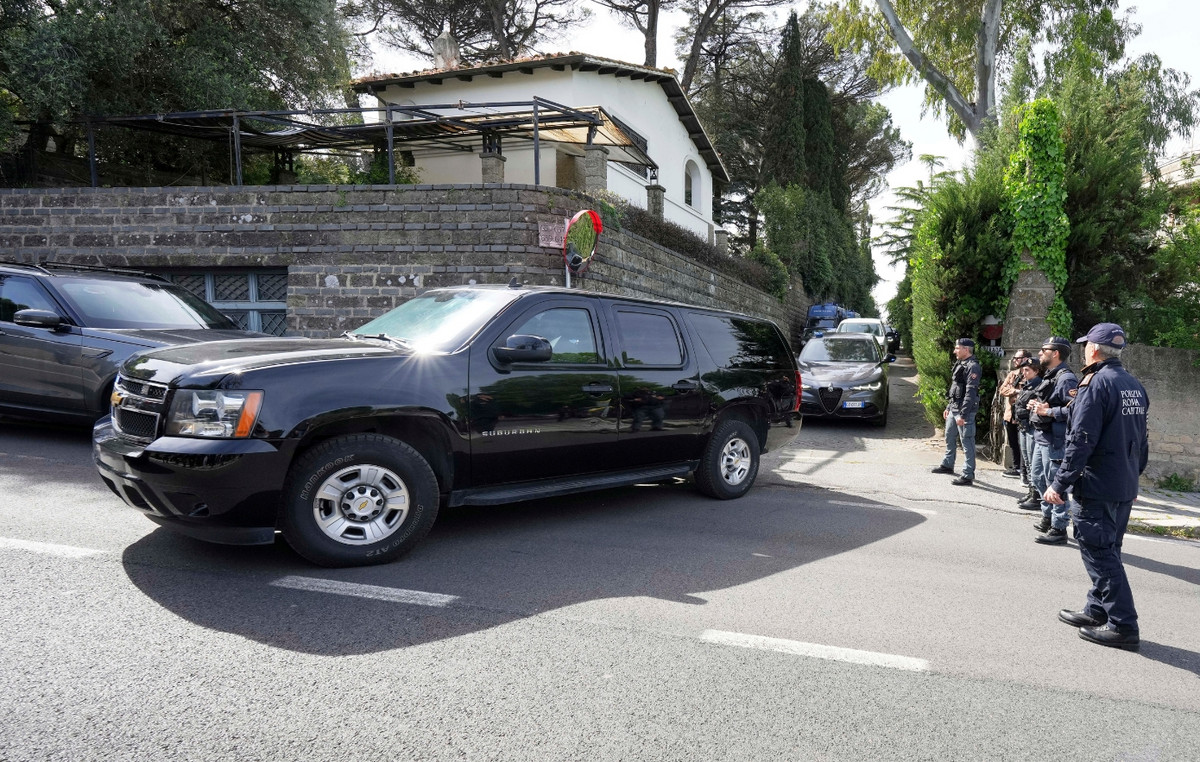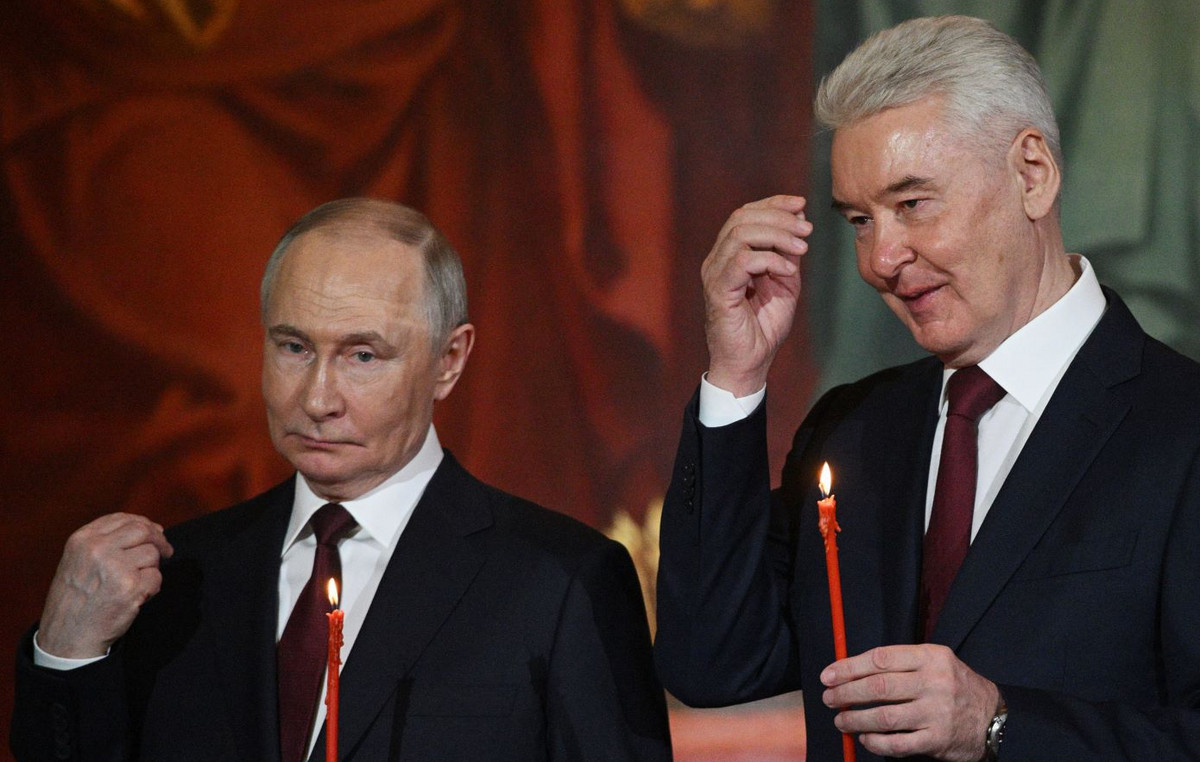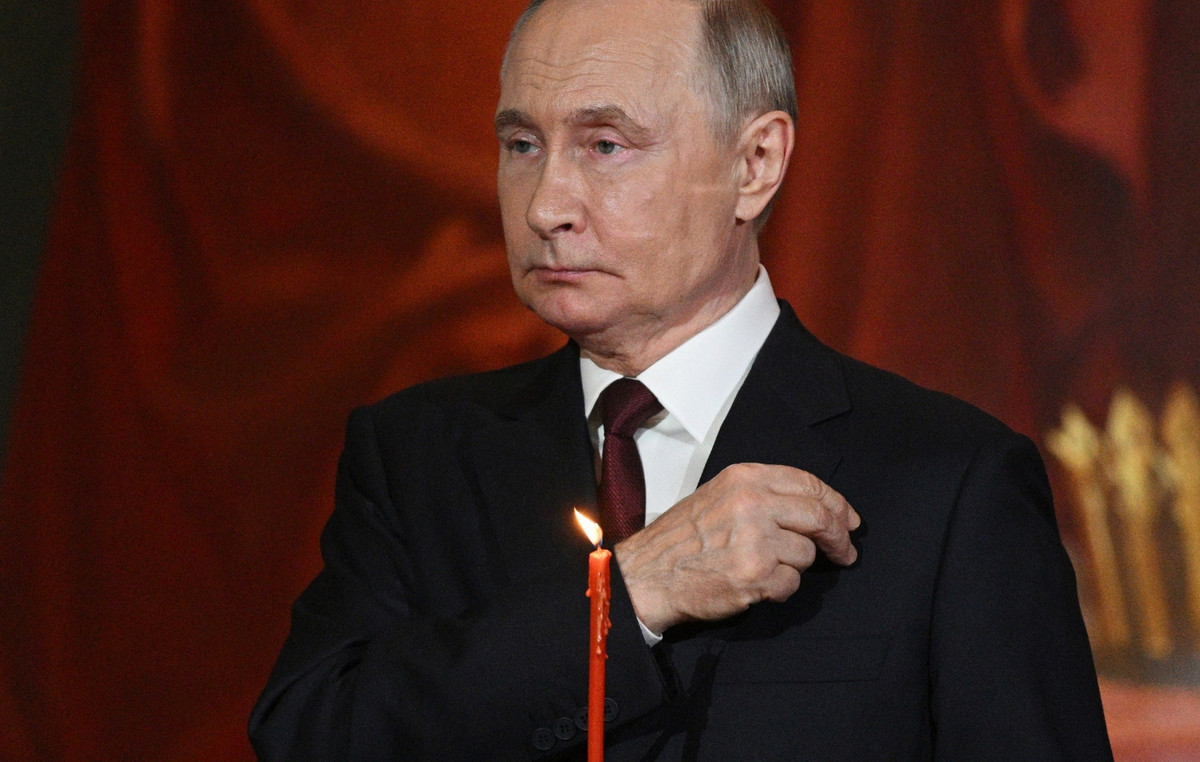He gave an interview to Republic for which, starting from the story of the film that is finishing shooting, and of which he is the protagonist, The penitentended up in the midst of controversy. Luca Barbareschi, actor, director and producer, said that the complaints of harassment “only serve to get publicity” and that not only has he never molested anyone, but he has had to reject women who offer to him: «I’ve never needed tricks to get laid. But I happened to say “Love, close your legs, interesting but now let’s talk about work”». The Amleta collective, which in two years has collected 223 complaints of harassment in the world of entertainment, and to which Barbareschi addressed directly, replied: «No one has become famous after having reported. It is an act of courage and generosity, a great risk”. Before yet another controversy ends without anything really changing, it is worth analyzing these words, to understand how the “culture of rape”, or turnip culturesis still so ingrained. What do we mean when we talk about “rape culture”? This is the practice, carried out by individuals or by the media, for example, of normalizing, minimizing or encouraging violence against women. There are three points, in particular, which are controversial. We asked the activist Valeria Fonte to help us decipher them.
Luca Barbareschi says he has worked with some of the actresses who reported the harassment to the Amleta Association. “It makes me laugh. Because some of these were not harassed, or were approached in a mild way. Others should be reported for when they show up sitting with their legs apart: “Hi, what movie is this?”». And he adds: “The problem of harassment is general, it concerns the shop assistant who must suffer in order not to lose her job”. He also says: «Some of these were not harassed or were approached in a mild way».
“What does ‘approach in a bland way’ mean?” Catcalling? Verbal harassment? Those classic unsolicited compliments that are never compliments, but sexualizing body comments? One wonders if “approaching someone in a bland way” isn’t violence and one wonders why Barbareschi doesn’t consider this too violence. Women, these poor fools who self-produce their damage, in the end, are always the culprits. If they report violence, they do it for publicity. Barbareschi’s rant is the point of view of most men. The idea that the complaint is a request for money, for social praise, for publicity, underlies a broader concept: the woman in question is lying. She denounces not because she has suffered violence, but because she is given some kind of social commendation. “It’s not like you opened your legs, somehow?”, and Barbareschi keeps us warm, reassures us, saying that someone has really done it and that he even had to act like a gentleman: “Love, close legs”. Someone tell Barbareschi that the term “love” during a work session is violence. At the exact moment in which he says that faced with an incontrovertible reality makes him laugh, he is admitting that he is not only part of the problem, but promoter of a very clear violence: the guilt. He’s the classic example of the man who thinks his point of view has some bearing on what the complaint really does. Social distancing, marginalization, job loss. Because contrary to what Barbareschi says, an actress who denounces will probably never be an actress again.
Luca Barbareschi rails against the “politically correct”, criticizing both the courses that are held to change the rules of behavior on the sets, and the more inclusive culture of children, who, studying in America, are more aware of sexism.
«Barbareschi and his resentment for the “politically correct” is a stale story. Everyone can say everything, always, right? In reality, freedom of expression favors those who have always spoken. Those who have had more social, political and media opportunities to express themselves will continue to do so without any impediment. It is no coincidence that Barbareschi is on the first page of Republic. Those who have never had those spaces, on the other hand, remain in the shadows. That today the marginalized categories have gotten pissed off and have started saying what shouldn’t be said anymore is frightening for those who, until now, have held hegemony over narratives. We reassure Barbareschi that we are only at the beginning. There is no healthy social gathering that all people can say everything. We can have power over the present: less over the past. That is why, at the same time, I would never dream of erasing centuries of discriminating history from our memory: memory helps us understand what we were * and what we should no longer be. Let Barbareschi get over it and start learning from his twelve-year-old daughter what it means to be decent people».
Luca Barbareschi is talking about the psychiatrist Peterson, whose figure inspires the story of his film: «thanks to a publication in which he wrote that homosexuality is an adaptation. For me there is: I have been homosexual in my life, perhaps I have found an adaptation to my problems”.
«Tell me where is the button that allows me to become straight again, so I avoid the continuous and systemic discrimination that being bisexual entails for me. Barbareschi ago pat pat on the shoulder of a non-secular State that has always portrayed homosexuality, lesbianism, bisexuality, as confusions, momentary states, curiosities. At a certain point, the deviation returns to the right path: a conversion therapy, a blessing from the village priest, a full circle of the rosary. Barbareschi has never been homosexual, because you never stop being homosexual. If you were born gay, you are gay. You cannot choose your sexual orientation. To speak of all that is not heterosexuality as an adaptation to some past trauma is to legitimize heterosexuality as “normal” and as “abnormal” all that is not. He also implies that abnormality is cured and that he is a clear example of it. Sexual orientation other than straight is not a disease: ask ourselves, rather, why we still have to repeat it, we, who are not straight. Let’s ask ourselves why we still have to convince heterosexual people that our existence is valid, legitimate, beautiful, healthy. A nation where saying what Barbareschi said is not a hate crime, it’s a complicit nation that plays with our lives.”
Source: Vanity Fair
I’m Susan Karen, a professional writer and editor at World Stock Market. I specialize in Entertainment news, writing stories that keep readers informed on all the latest developments in the industry. With over five years of experience in creating engaging content and copywriting for various media outlets, I have grown to become an invaluable asset to any team.







